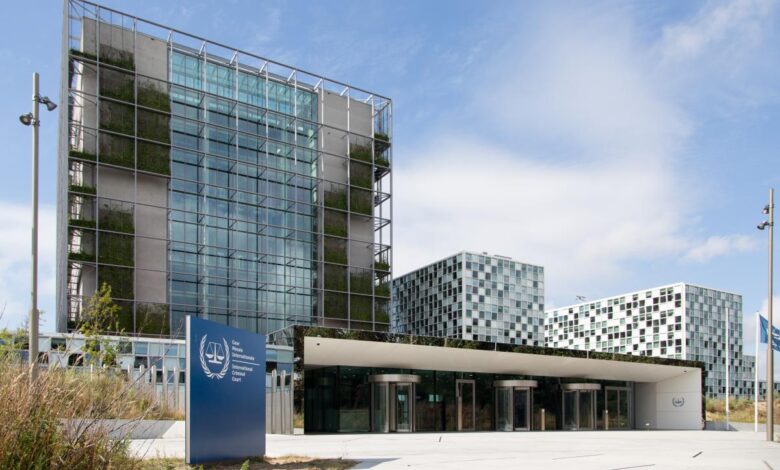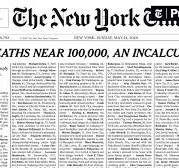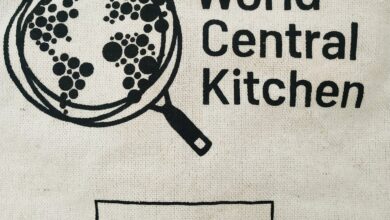What May Palestinians Get from ICC Warrants

The issuance of International Criminal Court (ICC) warrants against israeli occupation Prime Minister and his war minister in the context of ongoing genocide and conflict can be a contentious issue, particularly for Palestinians who have long been embroiled in a protracted struggle against Israeli occupation and its crimes. On the surface, the lack of immediate action to halt aggression may render such legal measures seem futile or even symbolic. However, the benefits of ICC warrants for Palestinians, despite the immediate challenges and apparent inaction, are multifaceted and significant in the broader context of international justice and long-term conflict resolution.
Establishing Accountability and Deterrence
One of the primary benefits of ICC warrants is the establishment of accountability. For Palestinians, this means that there is a formal recognition by an international judicial body of the crimes committed against them. This can be a powerful tool in countering impunity, where perpetrators might otherwise feel emboldened to continue their actions without fear of repercussions. By holding individuals accountable for war crimes, crimes against humanity, or genocide, the ICC helps to set a precedent that such acts will not be tolerated by the international community.
The issuance of warrants can also serve as a deterrent. Potential perpetrators may think twice before committing atrocities if they know that they could be prosecuted by an international tribunal. While this deterrent effect might not always be immediate or universally effective, over time it contributes to a global culture where accountability is the norm rather than the exception.
Legal Recognition and Advocacy
For Palestinians, ICC warrants provide a form of legal recognition that their plight is not being ignored. This recognition is crucial in a conflict where narratives and perceptions play a significant role. By acknowledging the crimes committed against Palestinians, the ICC lends weight to their claims and provides a platform for their voices to be heard on an international stage.
This legal recognition can bolster advocacy efforts. Human rights organizations and Palestinian advocates can leverage the findings and actions of the ICC to push for further international intervention, sanctions, or diplomatic efforts to address the underlying issues of the conflict. The warrants and subsequent investigations offer concrete evidence that can be used in various forums to garner support and solidarity from the global community.
Documentation and Historical Record
The ICC’s investigations and warrants contribute to a detailed documentation of the atrocities committed. This is essential for preserving the historical record and ensuring that the suffering of victims is not forgotten or denied. For future generations of Palestinians, this documentation serves as a testament to their struggle and resilience, and it is crucial for any future reconciliation and peace-building efforts.
In many post-conflict societies, a comprehensive and accurate historical record is vital for healing and for preventing the recurrence of violence. By meticulously documenting the crimes and the context in which they occurred, the ICC helps to lay the groundwork for truth-telling and reconciliation processes that may follow.
Discover more from Gaza Never
Subscribe to get the latest posts sent to your email.





